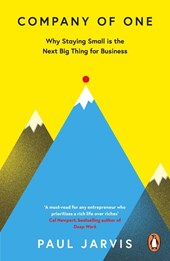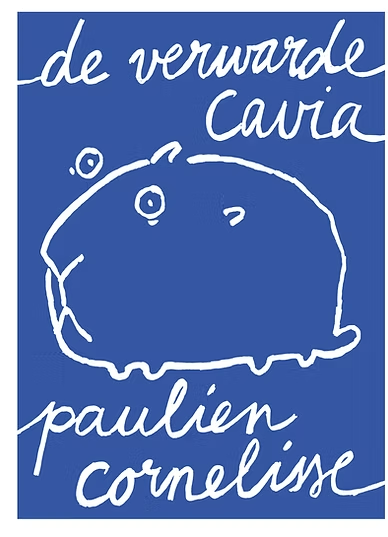Unreasonable Success and How To Achieve It – Richard Koch
I think it was Tim Ferriss’ podcast episode with Richard Koch that put me on Richard Koch’s trail. First I read The 80/20 Principle, then bought Unreasonabe Success.

In the book, Koch describes the wisdom he has extracted from the lives of amazing people such as Nelson Mandela, Bob Dylan, Winston Churchill, Jeff Bezos, Albert Einstein, Victor Frankl, Leonardo Da Vinci, and others. Including, of course, Bill Bain and Bruce Henderson. Who. Bill Bain and Bruce Henderson, former Koch bosses at Bain and company and BCG, respectively. Of course, it is totally out of place in this list, but let’s just say this is Koch’s tribute to his former work
From the lives of the greats, Koch has identified 9 milestones on the road to success. These landmarks form the backbone of this book. Koch describes the landmarks and illustrates them in a highly entertaining way with stories about the greats of this world.
These are the landmarks that Koch identifies.
Self-belief. The courage to get started. Related to self-doubt. Self-doubt strengthens self-confidence.
Olympic expectations. Think big, think huge. Set expectations much higher than normal. Visualize that you are a great achiever, making success much more likely.
Transforming experiences. Learn unusual things from unusual experiences. The conventional path will not lead to unreasonable success. Special experiences do. Develop these experiences.
Breakthrough achievements are mostly innovative, sometimes strategic achievements. Combine extreme determination with extreme flexibility. Be innovative and laughably ambitious, and your ideas come from the soul.
Make your own trail, create your own segment, Invent a new field, narrow that field, and develop a unique philosophy.
Find and drive your personal vehicle. Jump on a major current and stand out. Or create your own vehicle. We would call this a platform these days, I guess.
Thrive on setbacks. Be anti-fragile. Find risks and actions. No actions, no learning, no improvement. Reframe disasters and setbacks.
Acquire unique intuition. Intuition is unique when it is important, original, unproven, imaginative, and based on deep knowledge. Where is your opinion that most others disagree with? (forgot who said that – was it Peter Thiel?)
Distort reality. Apply extreme optimism and determination. Inspire others.















